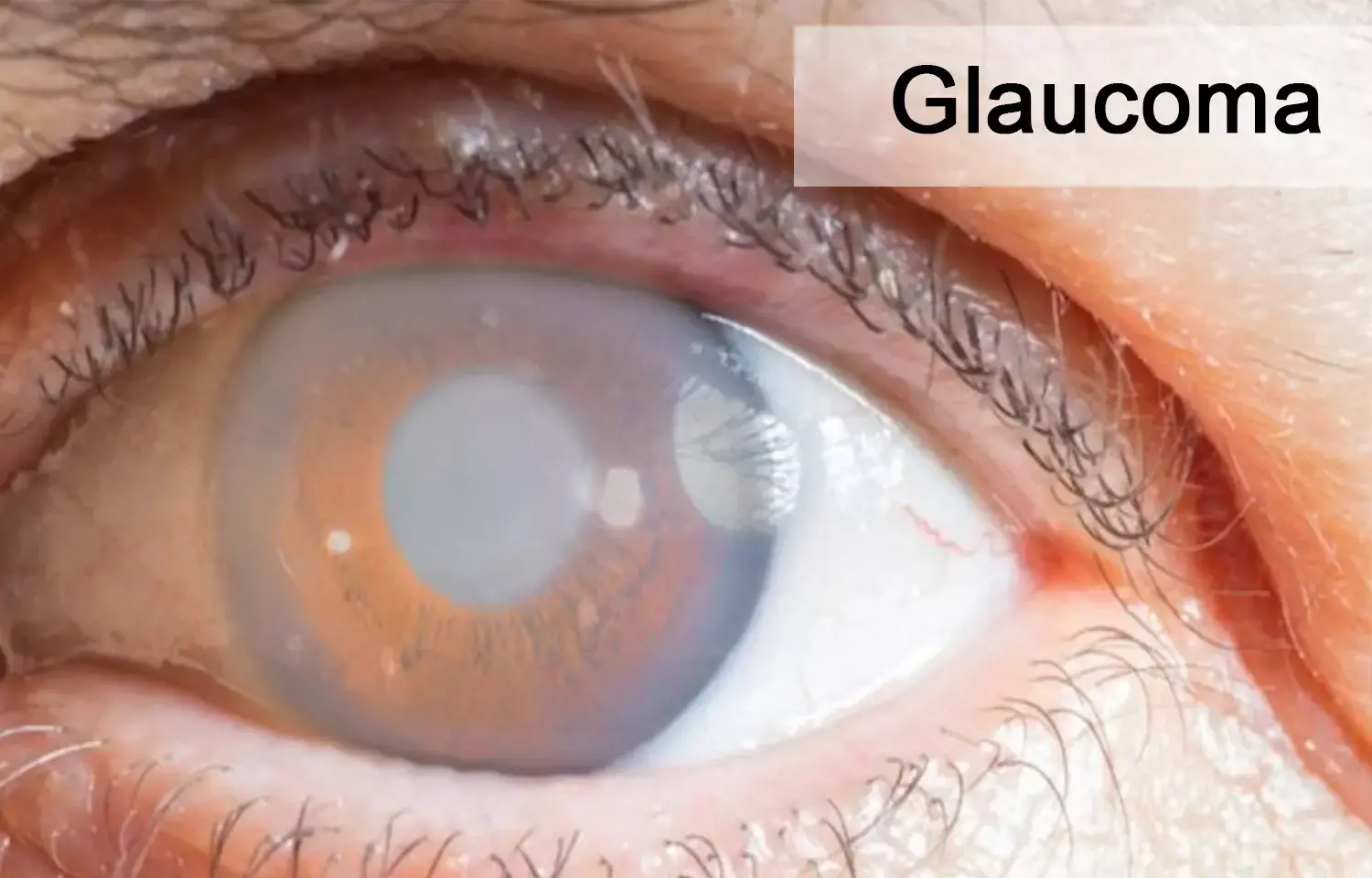- Home
- Medical news & Guidelines
- Anesthesiology
- Cardiology and CTVS
- Critical Care
- Dentistry
- Dermatology
- Diabetes and Endocrinology
- ENT
- Gastroenterology
- Medicine
- Nephrology
- Neurology
- Obstretics-Gynaecology
- Oncology
- Ophthalmology
- Orthopaedics
- Pediatrics-Neonatology
- Psychiatry
- Pulmonology
- Radiology
- Surgery
- Urology
- Laboratory Medicine
- Diet
- Nursing
- Paramedical
- Physiotherapy
- Health news
- Fact Check
- Bone Health Fact Check
- Brain Health Fact Check
- Cancer Related Fact Check
- Child Care Fact Check
- Dental and oral health fact check
- Diabetes and metabolic health fact check
- Diet and Nutrition Fact Check
- Eye and ENT Care Fact Check
- Fitness fact check
- Gut health fact check
- Heart health fact check
- Kidney health fact check
- Medical education fact check
- Men's health fact check
- Respiratory fact check
- Skin and hair care fact check
- Vaccine and Immunization fact check
- Women's health fact check
- AYUSH
- State News
- Andaman and Nicobar Islands
- Andhra Pradesh
- Arunachal Pradesh
- Assam
- Bihar
- Chandigarh
- Chattisgarh
- Dadra and Nagar Haveli
- Daman and Diu
- Delhi
- Goa
- Gujarat
- Haryana
- Himachal Pradesh
- Jammu & Kashmir
- Jharkhand
- Karnataka
- Kerala
- Ladakh
- Lakshadweep
- Madhya Pradesh
- Maharashtra
- Manipur
- Meghalaya
- Mizoram
- Nagaland
- Odisha
- Puducherry
- Punjab
- Rajasthan
- Sikkim
- Tamil Nadu
- Telangana
- Tripura
- Uttar Pradesh
- Uttrakhand
- West Bengal
- Medical Education
- Industry
Diabetes drug lowers glaucoma risk along with blood sugar control in diabetics: Study

PHILADELPHIA - Glucagon-like peptide-1 receptor (GLP-1R) agonists is a popular class of diabetes medications that regulate blood sugar and are commonly used to treat type 2 diabetes mellitus.
In addition they may also protect against glaucoma in diabetic patients, according to a new study led by researchers in the Scheie Eye Institute at the University of Pennsylvania's Perelman School of Medicine. The findings were published in the British Journal of Ophthalmology.
The researchers looked at retrospective data of 1,961 diabetic patients who were new users of this class of drugs and matched them to 4,371 unexposed control subjects. After 150 days on average, 10 patients in the medicated group were newly diagnosed with glaucoma (0.5 percent) compared to 58 patients (1.3 percent) in the control group. The findings suggest that GLP-1 receptor agonists may decrease a diabetic patient's risk of developing glaucoma by half.
The findings are supported by a Penn Medicine study from 2020, which found that GLP-1R agonists reduced neuroinflammation and prevented retinal ganglion cell death in mice. This class of drugs has also shown similarly protective effects against Alzheimer's and Parkinson's diseases in animal models, and clinical trials are underway to test the medications against neurodegenerative diseases in humans.
Glaucoma affects 3 million Americans and is the second leading cause of blindness worldwide. People with diabetes are twice as likely to develop the eye condition.
"It was very encouraging to see that a popular diabetes medication could significantly reduce the risk of developing glaucoma, and our study suggests that these medications warrant further study in this patient population," says Qi N. Cui, MD, PhD, with Brian VanderBeek, MD, MPH, both assistant professors of Ophthalmology at Penn.
https://bjo.bmj.com/content/early/2021/08/18/bjophthalmol-2021-319232
Hina Zahid Joined Medical Dialogue in 2017 with a passion to work as a Reporter. She coordinates with various national and international journals and association and covers all the stories related to Medical guidelines, Medical Journals, rare medical surgeries as well as all the updates in the medical field. Email: editorial@medicaldialogues.in. Contact no. 011-43720751
Dr Kamal Kant Kohli-MBBS, DTCD- a chest specialist with more than 30 years of practice and a flair for writing clinical articles, Dr Kamal Kant Kohli joined Medical Dialogues as a Chief Editor of Medical News. Besides writing articles, as an editor, he proofreads and verifies all the medical content published on Medical Dialogues including those coming from journals, studies,medical conferences,guidelines etc. Email: drkohli@medicaldialogues.in. Contact no. 011-43720751


